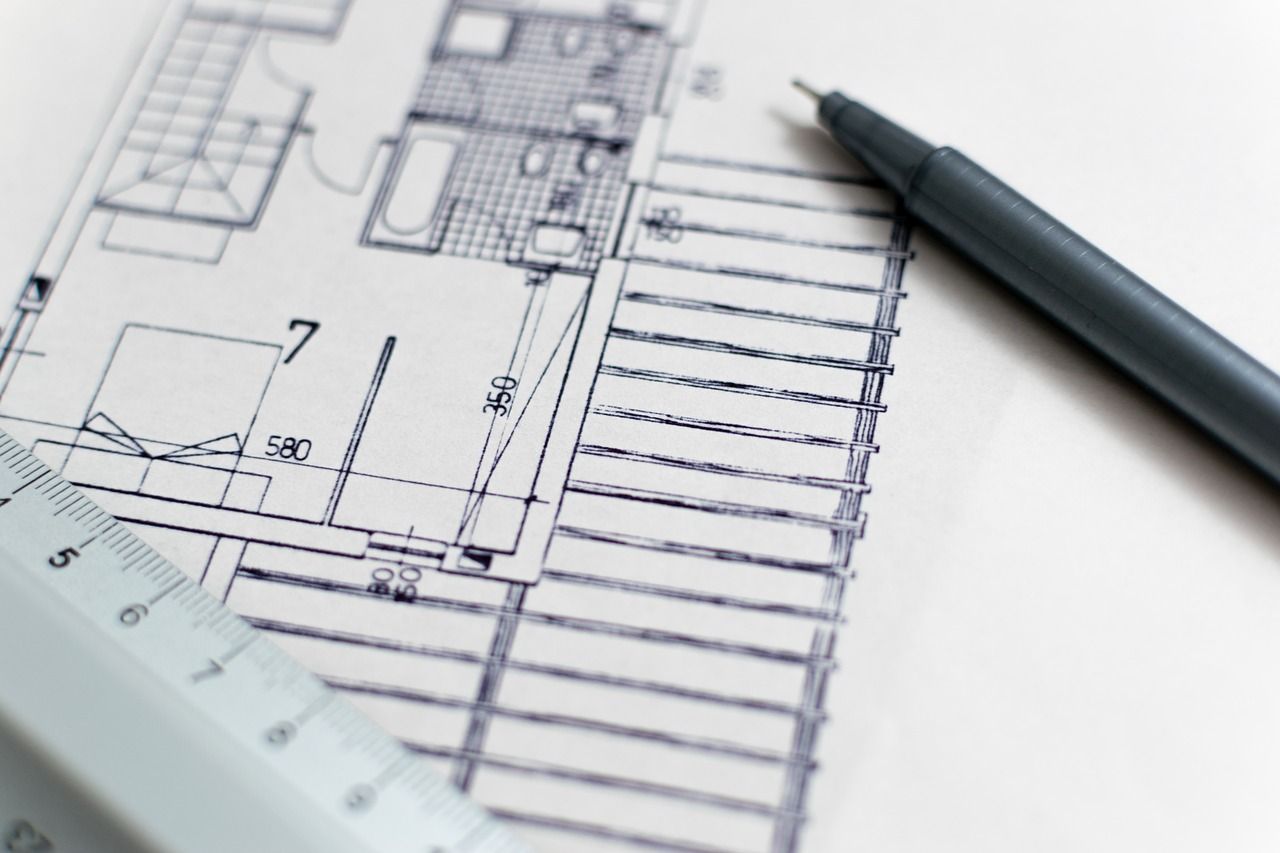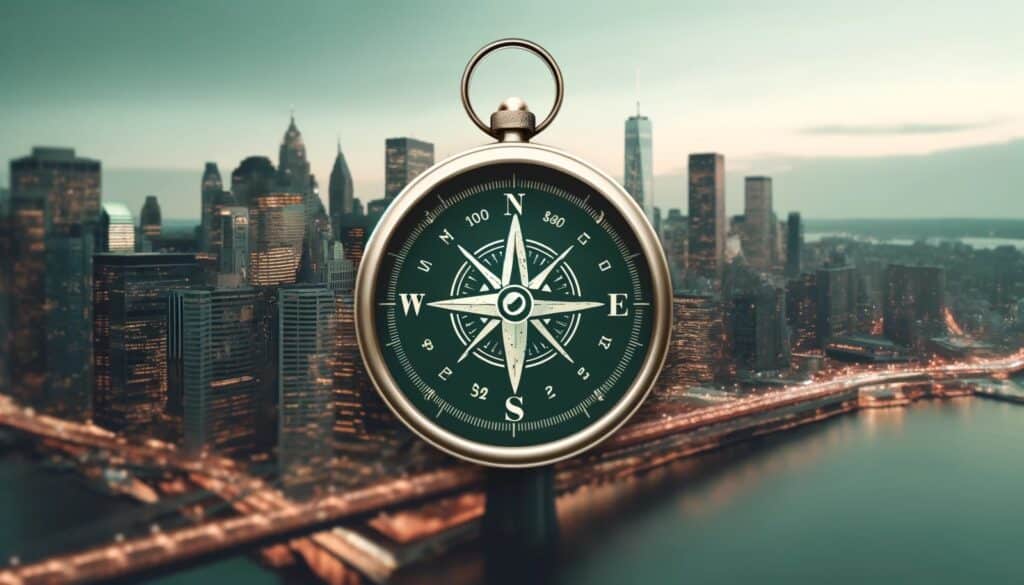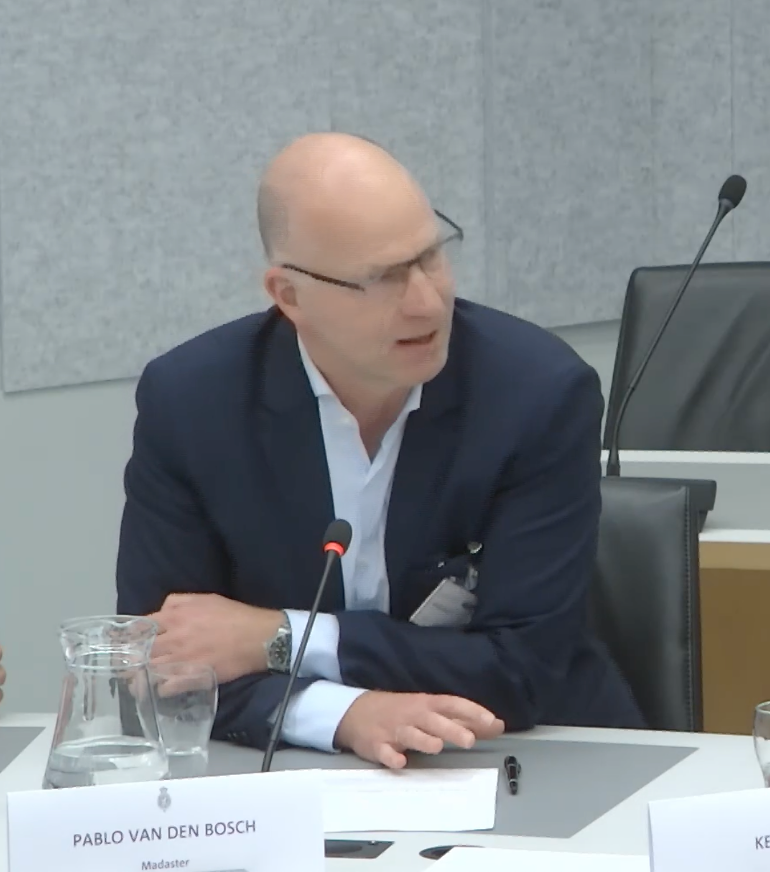GOVERNMENT PROMOTES THE USE OF MATERIAL PASSPORTS THROUGH TAX BENEFITS
For investors who particularly would like to invest in environmentally friendly technologies, the Dutch Government has implemented two tax measures: the MIA (environmental investment rebate) and the Vamil (arbitrary depreciation of environmental investments). The 2019 Environment list contains approximately 290 types of investments (i.e. corporate resources) that would qualify for these tax benefits, one of which the material passport. This document contains information about all the construction materials in a building and provides insight into the degree to which those could be reused.
INVESTMENT MEASURES
The Ministry of Infrastructure and Water Management (IenW) and the Ministry of Finance, jointly, have set up two investment measures that make investments in environmentally friendly corporate resources even more attractive: the MIA (environmental investment rebate) and the Vamil (arbitrary depreciation of environmental investments). Under the MIA, entrepreneurs benefit from investment deductions of up to 36% of the investment amount, in addition to the already existing deductions. Under the Vamil, as much as 75% of investment costs can be amortised.
ENVIRONMENT LIST 2019
The State Secretary for Infrastructure and Water Management has included all environmentally friendly investments that are eligible for the MIA and Vamil in the 2019 Environment list. These types of investments, often, go beyond the minimal legal requirements. Particularly for entrepreneurs investing in circular practices, this list offers many new possibilities, such as the material passport.
MATERIAL PASSPORT
The material passport as referred to by the government is a secure, web-based document that must contain all of a building’s elements and components, and provides insight into disassembly options and toxicity of materials.
All users of Madaster can generate a secure, web-based material passport for their buildings. A material passport contains information about the quality and origins of materials, the disassembly options for the various products and their current location. In addition, circular and financial information flows are linked, thus revealing the historical, current and future value of all of the materials, products and elements, the value of the building itself and of all of these combined. Currently, the material passport is being organised to also include additional information about the materials used, such as toxicity. This makes these materials easier to recover and reuse, in cases of renovation and restoration. Buildings, thus, become documented ‘storage units’ of materials.



